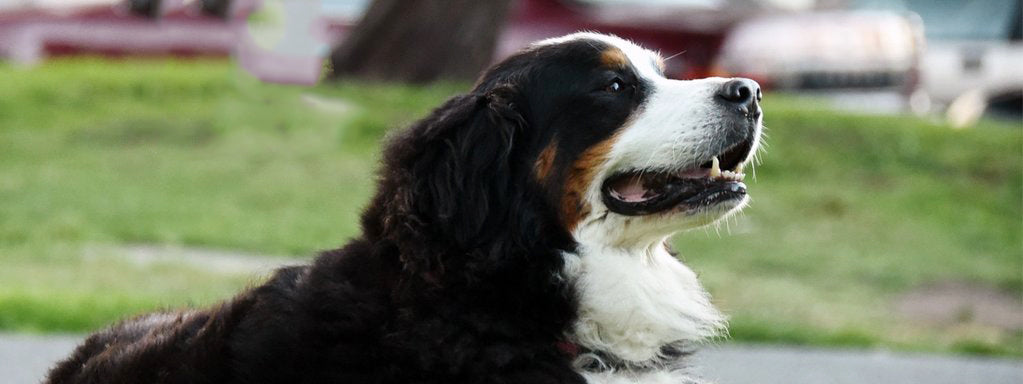How to Stop Excessive Puppy Barking

In last week’s installment of bad puppy behaviors and how to overcome them, we discussed puppy biting and mouthing. This week, we will discuss another common problem: excessive puppy barking.
Why do Puppies Bark?
Puppies bark because vocal communication is a natural instinct. In wild dog and wolf packs, barking is just one way that dogs express themselves, such as during play time, to warn of predators, to express dominance, and to get attention from other dogs. Certain dog breeds, such as Beagles, Chihuahuas, Terriers, and Schnauzers may bark more than others. Ultimately, however, a puppy barks because the behavior was reinforced at some point.
How to Overcome Excessive Puppy Barking
-
Ignore the Behavior
The easiest way to limit puppy barking is to ignore the behavior entirely. Never give a barking dog attention. For instance, never let a barking puppy out of its crate, set down a bowl of food in front of a barking puppy, or play with a puppy who is barking at you for attention.
-
Teach “Speak” and “Quiet”
Another method is to teach your dog how to have an “on” and “off” button. First, teach your dog “quiet.” Start with a situation where your dog will naturally begin to bark, such as when the doorbell rings. Acknowledge the barking by checking the source and then get your dog’s attention with a treat or toy. Once the barking stops naturally, give your dog a reward. Continue to practice these steps, increasing the amount of time your dog is quiet before giving a treat. Once your dog begins to understand this process, overlay the word “quiet.”
To teach “speak,” wait for your dog to bark naturally and say “speak,” then give your dog a treat. Teaching both commands helps your dog to understand that a reward will only be given when your pet is asked to bark.
What Not to Do
Do not yet yell at your dog when he or she is barking. This action actually reinforces your puppy’s bad behavior, especially if your dog is barking at a passing person or animal outside. In the wild, it is expected for the entire pack to join in when one dog barks. If you yell at your dog, your pet will naturally assume you are part of the “pack” joining in on the fun.
Do you enjoy reading tips and tricks about puppy behavior? Sign up for our newsletter today to receive the rest of the series on bad puppy behavior - as well as other interesting articles - directly to your inbox.
Please note: all dogs should be treated as individuals. The Actijoy™ blog is for educational and entertainment purposes only. In the case of emergency, always seek qualified health care from a local veterinarian or emergency facility. Actijoy™ blogs are not designed to treat, diagnose, or prescribe medication for your pet.



